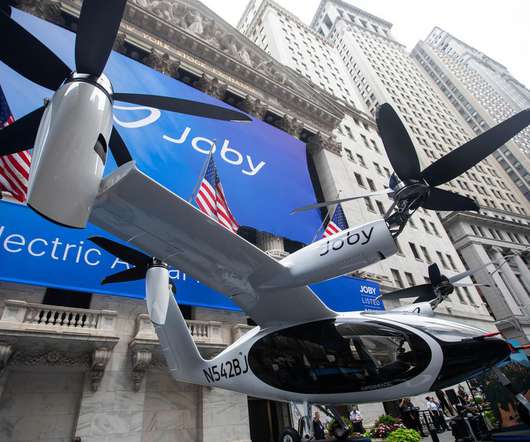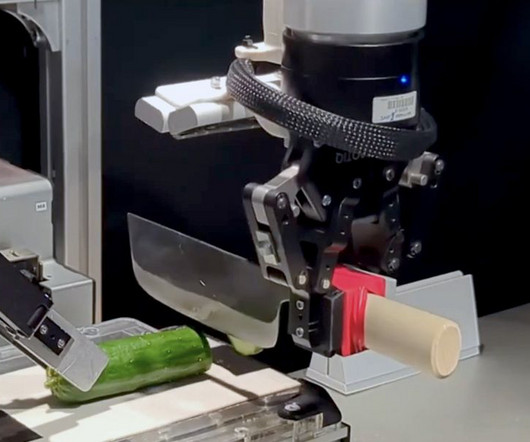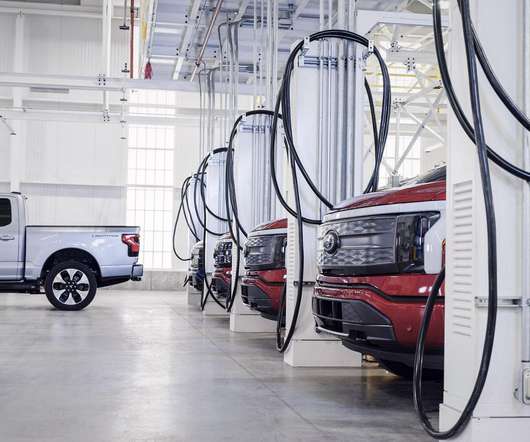Ohio State University Takes Top Spot at 2009 EcoCAR Competition with EREV Design
Green Car Congress
JUNE 13, 2009
University students from The Ohio State University earned top honors at the 2009 finals of the EcoCAR : The NeXt Challenge competition in Toronto, Canada for their design of a Extended Range Electric Vehicle (EREV). Mississippi State University was awarded third place for its EREV, fueled by B20 biodiesel. Plug-in capability.

















Let's personalize your content